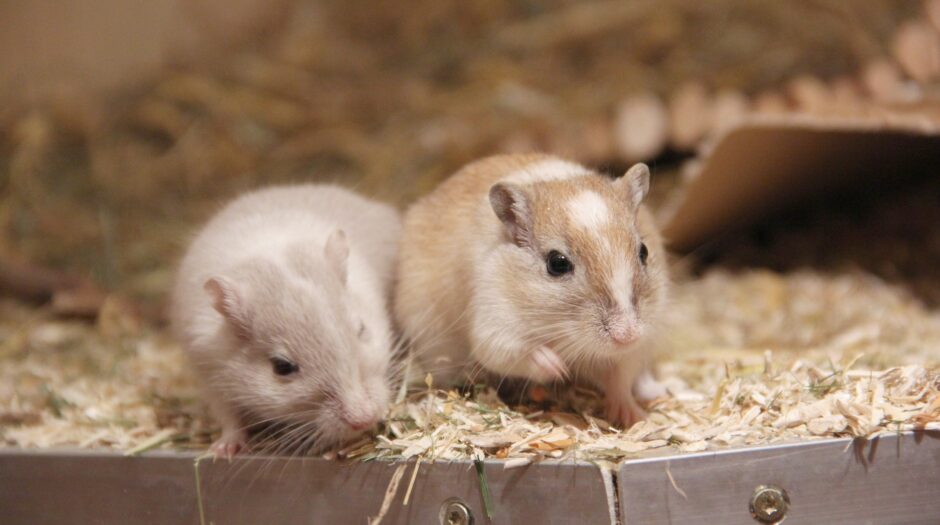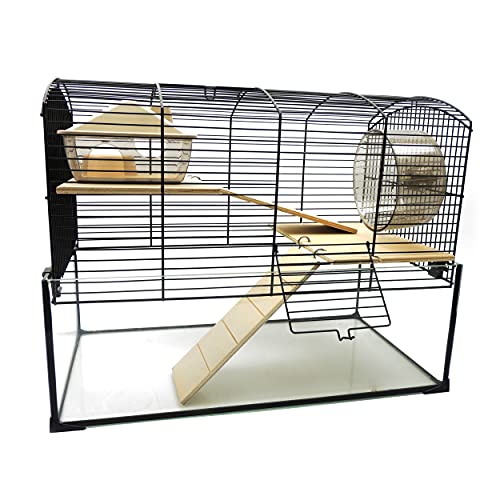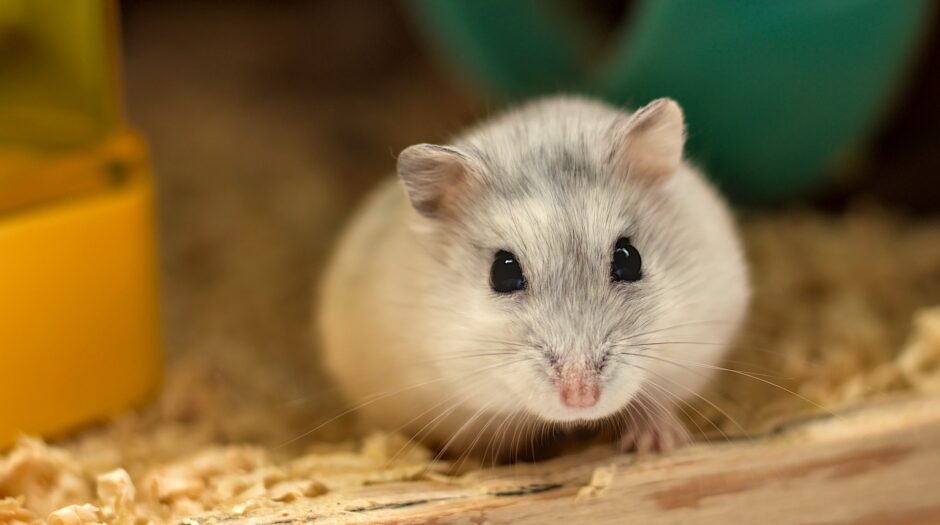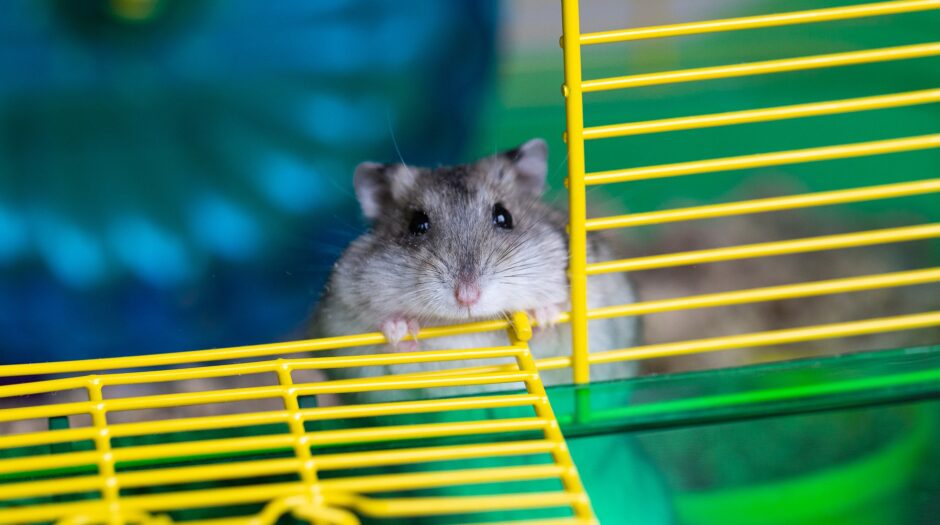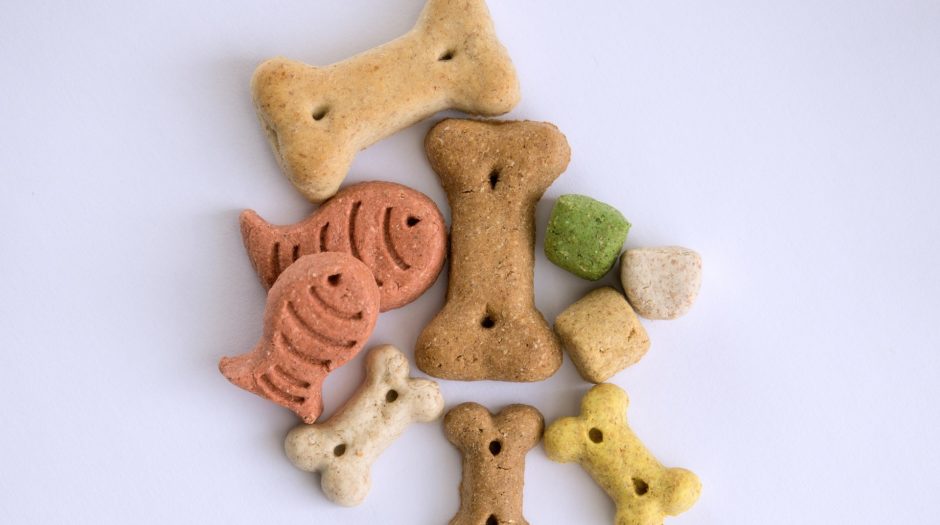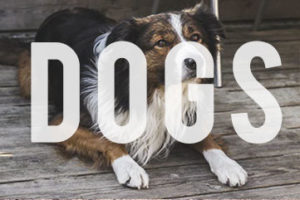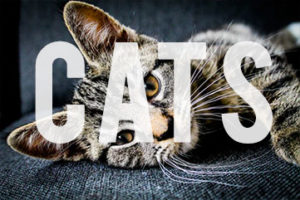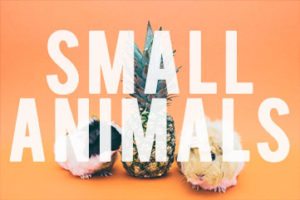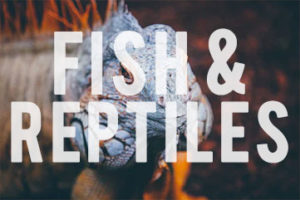Common Gerbil Behaviours and What They Mean
A gerbils body language can tell you a lot about how and what they are feeling. As a pet owner, it’s your responsibility to care for your pet. Knowing the meaning of common behaviours can be really helpful to ensure you have a happy and healthy gerbil.
We earn a commission if you shop through the links on this page (Thanks!).

Digging/Burrowing
Gerbils are natural burrowers. In the wild they would create complex systems of tunnels and burrows underground, which is why providing a large amount of bedding is so important. Not all gerbils will stop when they reach the edge of the enclosure, in fact many gerbils will continue digging against the glass.
*In some cases the repetitive digging against the glass can be a sign of boredom, if your gerbil frequently does this maybe try adding some more enrichment/bedding.
You might also notice that your gerbil always digs and covers up the food you give them, this is also completely normal as they are just following their natural instincts they would have in the wild. Gerbils are also constantly redecorating so don’t be surprised if their setup is constantly changing.
Check out our article about the Best Hamster and Gerbil Bedding comparing these three types of bedding:
Scent Marking
This is often one of the first things you’ll see your new gerbil do. Gerbils will often rub their stomachs up against objects or areas when they are introduced to a new space. Gerbils have a scent gland on their stomach and by rubbing it against things they’re marking their territory.
Thumping
Typically thumping is something a gerbil will do when they believe there is danger. They will thump their legs to warn other gerbils in the area and often times the other gerbils will run away and/or join in. It can get surprisingly loud for such small animals. If your gerbil is frequently doing this, it’s a good idea to figure out what might be frightening them. Ask yourself questions: Do you have any other pets around such as a cat or dog? Are they close to the TV? Are people constantly walking by?
If the other gerbil/s aren’t reacting to the thumping it could alternatively be a mating call or sign of excitement. Young gerbils often do a decent amount of thumping, but it’s usually just a learning activity rather than a warning.
If you’re unsure as to what thumping sounds like, watch the video below:
Winking
Have you ever watched your gerbil and thought you saw them winking? Chances are, you probably did. Winking is a gerbils way of showing content and appreciation. Go ahead and wink back, your gerbil will see this as a sign of happiness.
Purring (Teeth Chattering)
Purring, like eye winking, is a sign of satisfaction. Gerbils don’t use their voice box to make this sound, instead they grind or chatter their teeth. This is why you will notice movement around the jaw area of a gerbil whenever they purr.
They will sometimes purr when you pet or cuddle them, however, don’t be discouraged if this never happens, as this is more of a rare behaviour. If your gerbil does purr, take it as a compliment; it means that they are very comfortable, happy, and relaxed around you! One must have a strong bond between owner and pet to witness it.
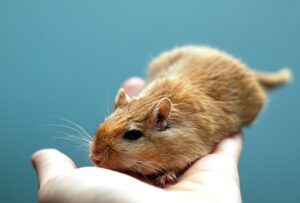
Nose Boop
Gerbils “booping” or rubbing their noses together is the human equivalent of a handshake. It’s how they greet and get to know each other. Gerbils can actually recognise each other by the taste of their saliva or the scent of their body. Sometimes gerbils will even rub noses with their owners.
Fun fact: Gerbils can see clearly, but only with things further away as they have better distant vision than they do with near vision. This is part of the reason why they will rub noses or even nibble you instead of just recognizing each other (or you) by sight.
Dominance Mounting
Have you ever looked over just to see your two same-sex gerbils in a humping-like position? This behaviour isn’t actually humping and is actually one of the ways a gerbil will express dominance. The one that is mounts is often reinforcing their dominance over the other gerbil and the one that is being mounted is the submissive one. That being said the gerbil that mounts isn’t always the dominant one, some pairs (typically male pairs) are co-dominant.
With all that in mind it may be a good idea to double check your gerbils sex, just in case they were sexed incorrectly. Also, if you start to notice your gerbil frantically/violently chasing the other gerbil that means a fight is about to break out and you need to separate them.
Licking Glass
A gerbil that is licking the glass of their enclosure is a thirsty gerbil. If you notice this behaviour, double check that they have an accessible water source nearby and that their water bottle spout isn’t clogged.
Playing/Wrestling
Gerbils are very social animals and need to be kept in pairs or groups. Make sure they are a pair/group of the same sex (male/female) to avoid unwanted breeding. Gerbils love to play and interact with each other, bonded gerbils will often snuggle together, wrestle, play, and chase each other around.
These are are all natural and positive pair behaviours, however, some gerbils will actually fight – which can be hard to distinguish from play wrestling – one way to tell if they’re playing or fighting is by if you hear loud high-pitched squeaks and if one or more gerbils looks to be in distress. This is a sign to separate them immediately. Some people recommend having an extra cage just in case you need to separate them.
Pushing Your Hand Away With Their Head
This just means that your gerbil wants to be alone and doesn’t want to play/interact with you right at that moment. If your gerbil is doing this, don’t force them to play with you. Just let them have time alone in the cage with their toys.
Napping
Gerbils are diurnal. They don’t actually go into a deep sleep for long periods of time like we do. Instead, they will take several naps throughout they day. Don’t be concerned about your gerbil napping several times as this is a completely normal behaviour seen in gerbils. Some gerbils will also adapt their sleep schedule according to the owners schedule.
Grooming
Gerbils will often be seen grooming themselves and/or other gerbils. They are just cleaning themselves and it’s a natural behaviour, plus it benefits their coats and is important for their social interaction. Many gerbils will also enjoy a sand bath, as the sand helps remove any unwanted excess oil.
*Do NOT give your gerbil a bath with water. – Water removes important oils in their fur and risks your gerbil getting skin infections and/or hypothermia. The only time water baths can be used is is a state of emergency, such as getting something potentially harmful on their fur. If there is such an emergency make sure you dry them off and keep them warm.
Chewing
Gerbils will chew up almost anything. This is just a natural instinct they have. It’s important to provide a decent amount of primarily wooden chew toys to not only allow them to use their natural instincts but also keep their teeth nice and trimmed down.
Listening
If you make it a habit to go talk in a certain voice to your gerbils or stick to a certain routine, they will begin to pick up on different noises and movements you make. For example: maybe you always take off the lid of their enclosure and crinkle a bag while getting food for them. Or maybe you open the curtain in the room. These are all things that your gerbil will pick up on if you do the same thing repetitively. The crinkle of the bag will eventually indicate to them that it’s meal time, the curtain might indicate the start of a the day or playtime, etc.
Want to learn more about gerbils? Consider reading our article called Gerbils: The Ultimate Guide to Care, Food, Cleaning and Entertainment.

